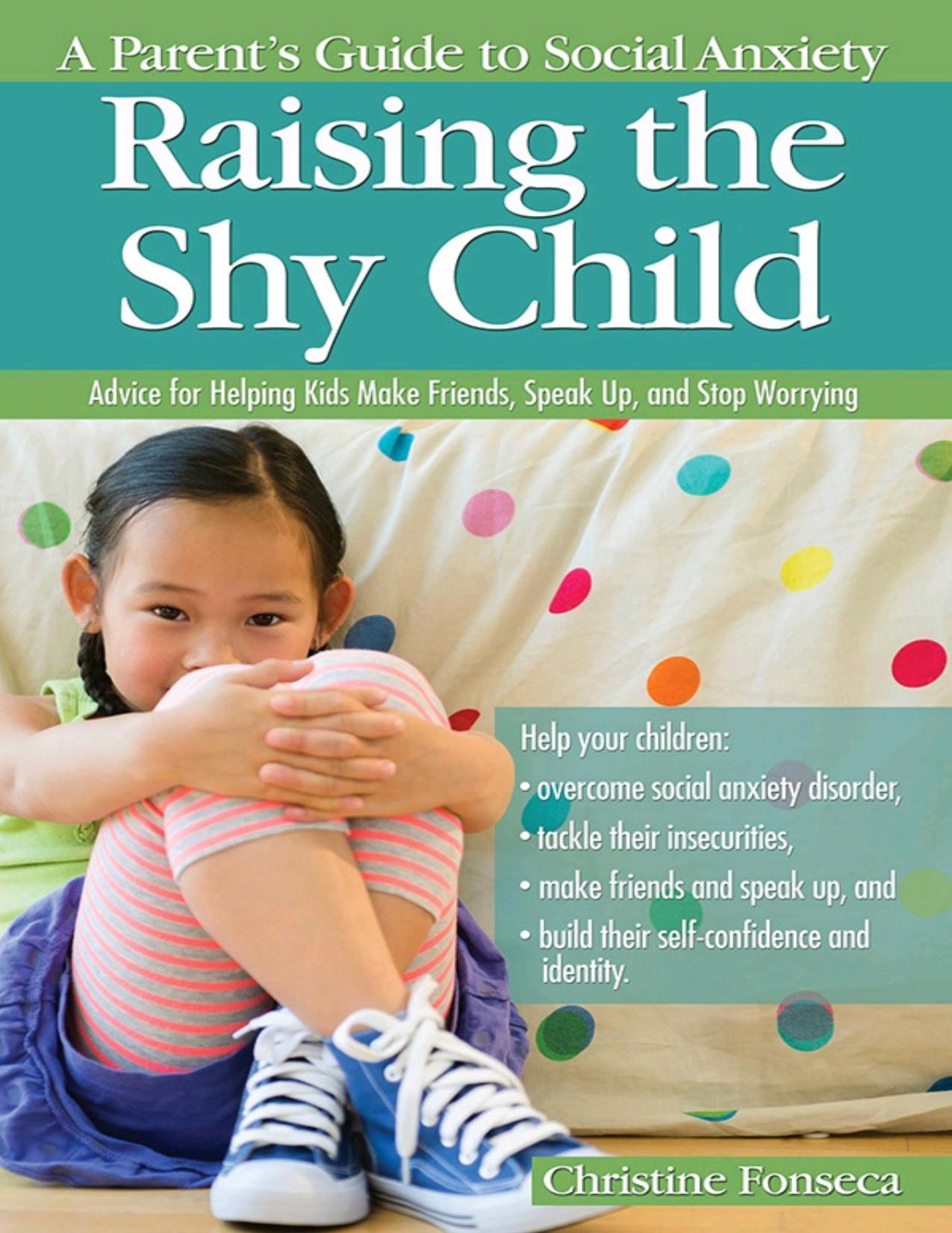Raising the Shy Child by Christine Fonseca

Author:Christine Fonseca
Language: eng
Format: mobi, epub, pdf
Tags: Family & Relationships, Special Needs, Nonfiction, Parenting
ISBN: 9781618214003
Publisher: Sourcebooks
Published: 2015-03-01T22:00:00+00:00
Social Information Processing Model
Weak social skill development is only one of the factors that adversely affect peer relationships among socially anxious children. Cognitive biases also play a role in the difficulties many children with SAD experience.
One way to examine cognitive biases and the impact on social interactions is to use a social information processing model. Developed by Crick and Dodge (1994), social information processing refers to the way in which children develop successful relationships. This model consists of four stages that include encoding specific situational cues, interpreting the cues, searching for responses, and selecting a specific response. These stages loop together in a fluid model.
For the child with social anxiety, difficulties can occur in any stage of the model, from encoding to responding. As indicated in the first section of the book, children with SAD often overemphasize threat cues from the environment, selectively attending to them over neutral or positive cues. Furthermore, socially anxious individuals often focus on their own actions to the expense of recognizing subtle cues within the social environment or seeing the bigger picture and different perspectives of the situation (Biggs et al., 2011). These cognitive biases can skew both the encoding and the interpreting of social cues, adversely impacting the anxious child’s ability to develop successful friendships.
Social anxiety also influences both response analysis and selection, as individuals with SAD tend to overemphasize threat and engage in increasingly negative thought patterns, which skew their responses. The result is an unsuccessful social encounter, perpetuating the negative cycle.
It is important to address these difficulties with cognitive biases in order to improve a child’s social processing. Worksheet #12 can guide you as you begin to coach your child with regard to his or her social processing. Analyze the specific misteps your child is making and strategically address the problems. The more success, no matter how small, your child can begin to achieve, the more positive momentum you can build.
Download
Raising the Shy Child by Christine Fonseca.epub
Raising the Shy Child by Christine Fonseca.pdf
This site does not store any files on its server. We only index and link to content provided by other sites. Please contact the content providers to delete copyright contents if any and email us, we'll remove relevant links or contents immediately.
Rewire Your Anxious Brain by Catherine M. Pittman(18654)
The Code Book by Simon Singh(3189)
The Wrong McElroy by KL Hughes(2486)
How to Be Yourself by Ellen Hendriksen(2421)
No Worries by Sarah Edelman(2251)
Anxious for Nothing by Max Lucado(1975)
Life After Darkness by Michelle Knight(1968)
The Velvet Rage by Alan Downs(1885)
I Really Didn't Think This Through by Beth Evans(1795)
Unfuck Your Brain: Using Science to Get Over Anxiety, Depression, Anger, Freak-Outs, and Triggers by Faith G Harper(1763)
The Anxiety Workbook by Arlin Cuncic MA(1695)
First, We Make the Beast Beautiful by Sarah Wilson(1664)
Free Yourself from Fears by Joseph O'Connor(1646)
How Not to Worry by Paul McGee(1617)
You Can Do All Things by Kate Allan(1602)
The Worry Trick by David A Carbonell(1520)
Coping with Anxiety by Edmund Bourne & Lorna Garano(1508)
Need by Unknown(1471)
The Sensory Child Gets Organized by Carolyn Dalgliesh(1448)
